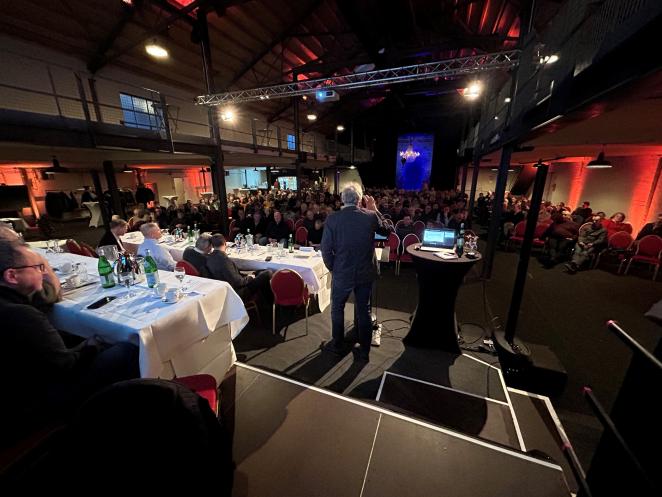The WaterFarmers project has taken important first steps toward ensuring sustainable groundwater use in the Lüneburg/Uelzen region. By working together with farmers, local authorities, and water managers, the project is shaping a new approach to balance agricultural irrigation needs with the protection of rivers and groundwater-dependent ecosystems.
Identifying problematic wells
A central task of the project is to identify irrigation wells where withdrawals put ecosystems at risk. Initial analyses across four groundwater sub-bodies indicate that around 10% of the approximately 1,370 wells in the Feldberegnung Uelzen (DFU) area may be classified as problematic. These wells are now being closely examined, with measures planned to reduce or relocate withdrawals.
Financing regional transition
The DFU has taken a decisive step by approving a financing framework to support this transition. The expected costs are substantial: more than €11 million will be covered by the association, while affected farmers will contribute at least the same amount. This shared investment shows the region’s strong commitment to long-term water security, even though it requires significant effort from individual farm businesses.
Next steps in the Waterfarmers project
Over the coming months, working meetings will take place in each of the four groundwater sub-bodies. These meetings will focus on designing solutions that minimise the impact on individual farmers while achieving the overall water protection goals. This cooperative approach ensures that the transition to sustainable groundwater use is carried out fairly and transparently.
Adapting the groundwater abstraction regime is not optional: without it, no permits under water law can be granted for field irrigation. By taking proactive steps now, the WaterFarmers project is protecting streams and groundwater-dependent ecosystems — and at the same time, securing the future of irrigated farming in the region.

Contributing to Blue Transition goals
The experience gained in Uelzen is intended to be transferred to the wider Lüneburg/Uelzen region in the coming years. Beyond its regional impact, WaterFarmers also contributes to the overarching goals of Blue Transition: building resilience against climate change, safeguarding vital water resources, and strengthening cross-border cooperation on sustainable land and water use. These first results mark a concrete step toward ensuring that agriculture and ecosystems can thrive together in a changing climate.
Key results at a glance
- 10% of wells identified as problematic
Around 140 of the 1,370 irrigation wells in the DFU area may require reduced or relocated withdrawals. - €11 million financing framework approved
The DFU committed to covering more than €11 million, with farmers contributing at least the same amount. - Four groundwater subbodies in focus
First measures target these areas, with plans to scale up across the whole Lüneburg/Uelzen region. - Farmer engagement underway
Working meetings with farmers will ensure fair, transparent solutions and minimise individual impact. - Future-proofing irrigation
Adjustments are essential to secure water law permits and protect rivers and ecosystems.
